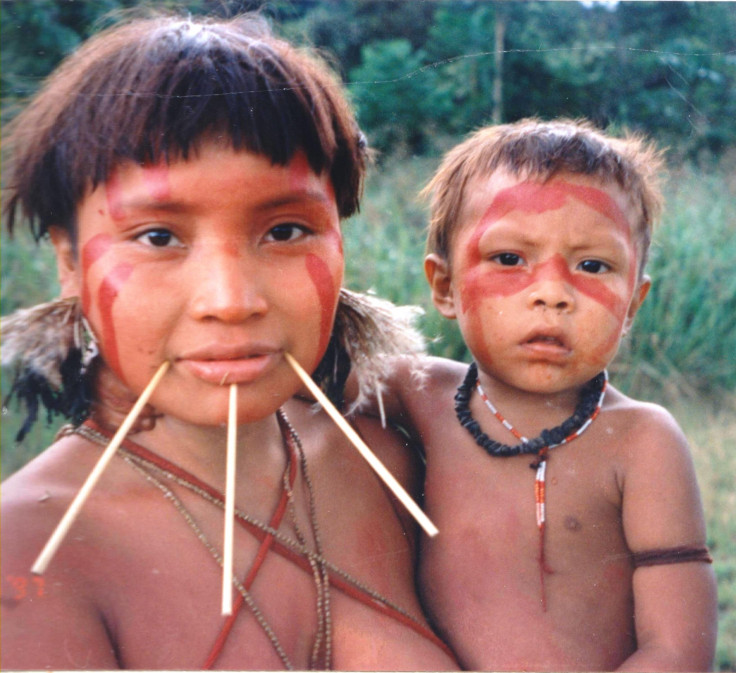South American tribes on verge of extinction due to contact with outside world

Isolated tribes in Peru and Brazil are on the verge of being wiped out due to contact with western civilisation, according to a report in the journal Science.
The tribes are under threat from deforestation and the risk of violence. But a major problem is also illness and disease, including flu and whooping cough. Bacteria and viruses are transmitted by illegal loggers, drug traffickers and anthropologists. Ailments which are common in other cultures can be deadly for tribes people who lack immunity.
In one notorious case, a necklace left behind by a German researcher was implicated in spreading disease in a number of villages along Peru's Curanja River. A sore throat and fever illness killed around 200 indigenous people. Meanwhile, in Brazil, 50-90% of tribes are believed to have been wiped out by disease during the 1970s-1980s.
But the Science report says the situation is most acute in Peru, where 8,000 indigenous people are believed to live in small groups in the rainforest. They include the Iskanawa tribe, who fled there when European settlers arrived in the country during the 16th century. The tribe has 300-400 members left and has moved deeper into the forest to escape illegal miners and loggers.
The risk of disease related fatalities might be rising due to recent increases in contacts with the outside world.
"A surge in sightings and raids in both Peru and Brazil may be a sign that some of the world's last peoples living outside the global economy are emerging," said the Science report.
From 1987 until 2013, FUNAI (the National Indian Foundation in Brazil) made contact with five groups. But in the past 18 months, three tribes have sought out contact, including the Xinane, the Koruba and the Awa Guaja.
The Peruvian government plans to make the Sierra del Divisor a national park and has nominated three million hectares of territory as protected land, but experts believe this might be insufficient. Francisco Estremadoyro is director of ProPurus, a conservation group based in Lima. He believes the situation is now critical. "There is no question that this is a historic moment," he said.
© Copyright IBTimes 2024. All rights reserved.





